Introduction
This article can be seen as an appendix to the one about Ivan Petrov. The purpose of the article is to illustrate how much longer certain Russian rulers might live in the next revision of history; and this is assuming that, by way of Petrov, Western medicine enters Russia along with the Renaissance. (In Russia, Western medicine is mixed with that indigenous to Russia and the rest of Eastern Europe.) In regards to the Grand Princes of Moscow during the Mongol era, with the exception of Vasily I, who rules at the time of Petrov’s return to Russia in 1395, their dates of death as noted remain unchanged and are based on personal research.
Grand Princes of Moscow (1283-1399)
Daniel (1261-1303; reigned 1283-1303)
Yuri (1281-1325; reigned 1303-1325)
Ivan I (1288-1340; reigned 1332-1340)
Simeon (1316-1353; reigned 1340-1353)
Ivan II (1326-1359; reigned 1353-1359)
Dmitri Donskoy (1350-1389; reigned 1359-1389)
Vasily I* (1371-1435; reigned 1389-1399**)
*- Last grand prince of Moscow.
**- Vasily I became grand prince of all Russia after the entry of the Renaissance, the ousting of the Mongols, and the subsequent unification of Russia, all having taken place by late in 1399.
Grand Princes of Russia (1399-1480)
Vasily I (1371-1435; reigned 1399-1435)
Vasily II (1415-1470; reigned 1435-1470)
Ivan III “the Great”* (1440-1517; reigned 1470-1480**)
*- Last grand prince of Russia.
** – Ivan the Great was crowned the first czar of Russia in 1480.
Czars of Russia (1480-1721)
Ivan III “the Great” (1440-1517; reigned 1480-1517)
Vasily III (1479-1543; reigned 1517-1543)
Ivan IV “the Terrible” (1530-1584; reigned 1543-1584)
Fyodor I (1557-1598; reigned 1584-1598)
Boris Godunov (c. 1551-1605; reigned 1598-1605)
Fyodor II (1589-1605; reigned 1605)
False Dmitri (c. 1581-1606; reigned 1605-1606)
Vasily IV (1552-1620; reigned 1606-1610)
Vladislav* (1595-1648; reigned 1610-1612)
Michael (1596-1652; reigned 1613-1652)
Alexis (1629-1690; reigned 1652-1690)
Ivan V (1666-1696; reigned 1690-1696)
Peter I “the Great”** (1672-1725; reigned 1690-1721***)
*- Also known as Wladyslaw IV, king of Poland.
** – Last czar of Russia.
*** – Peter the Great named himself the first emperor of Russia in 1721, and he was crowned as such.
Emperors and Empresses of Russia (1721-1917)
Peter I “the Great” (1672-1725; reigned 1721-1725)
Catherine I (1684-1727; reigned 1725-1727)
Peter II (1715-1730; reigned 1727-1730)
Anna (1693-1740; reigned 1730-1740)
Ivan VI (1740-1764; reigned 1740-1741)
Elizabeth (1709-1762; reigned 1741-1762)
Peter III (1728-1762; reigned 1762)
Catherine II “the Great”* (1729-1796; reigned 1762-1796)
Paul (1754-1801; reigned 1796-1801)
Alexander I (1777-1825; reigned 1801-1825)
Nicholas I (1796-1855; reigned 1825-1855)
Alexander II (1818-1881; reigned 1855-1881)
Alexander III (1845-1894; reigned 1881-1894)
Nicholas II (1868-1918; reigned 1894-1917)
*- Side note: Under the reign of Catherine the Great, in 1776, Russia officially adopted the use of the Gregorian calendar, replacing the Julian calendar, which had been in official use throughout Russia since 1399.
Note
- In the current version of history, the Julian calendar isn’t replaced by the Gregorian calendar until the Russian Revolution in 1917, probably due to the “Westernization” of Russia arriving late, during the reign of Peter the Great, in the early 1700s. But as can be seen in my article on Ivan Petrov, where “Westernization” comes to Russia by way of the Renaissance in the end of the 1300s, we can assume that by 1776; at a time when the Gregorian calendar is already dominant in the areas of Europe, the New World colonies, etc. that are predominately Roman Catholic or Protestant; Eastern Orthodox Christian countries like Russia should wish to be in vogue with the rest of Western civilization.

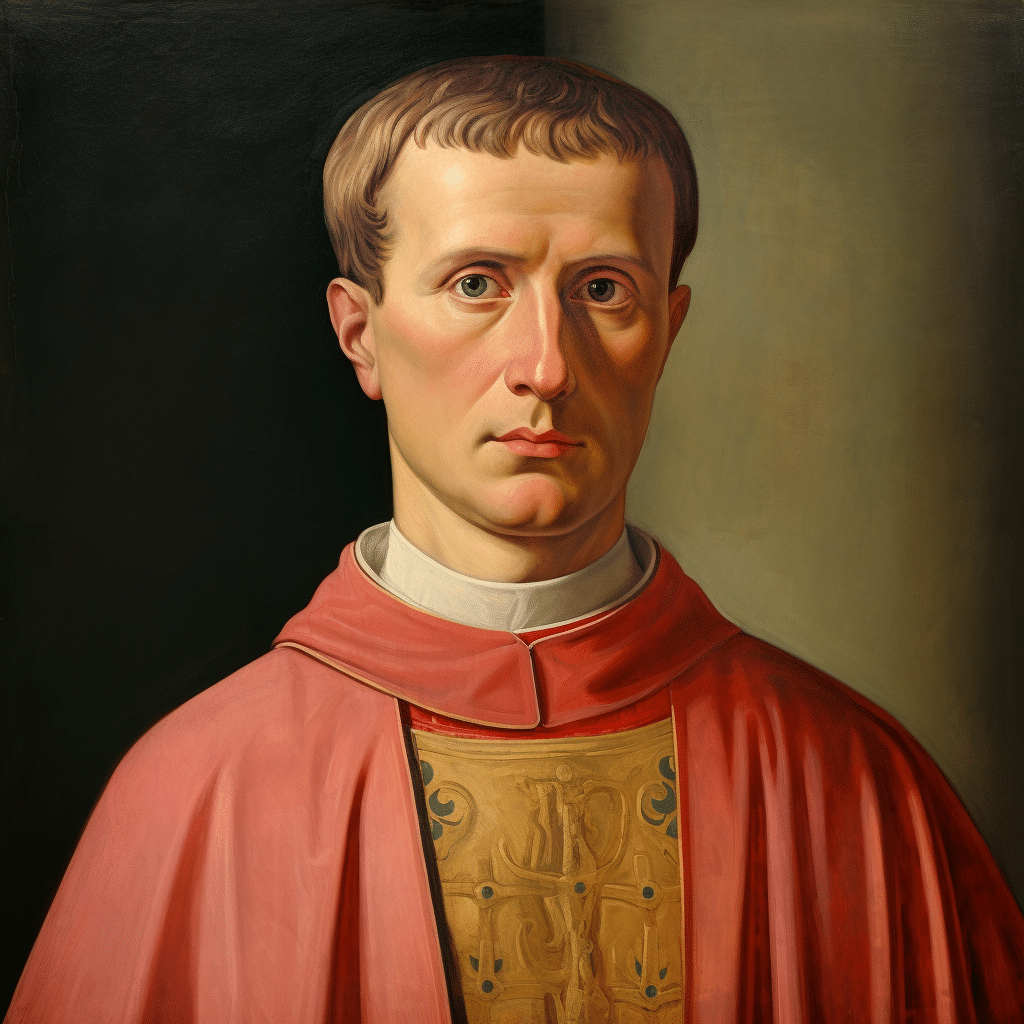
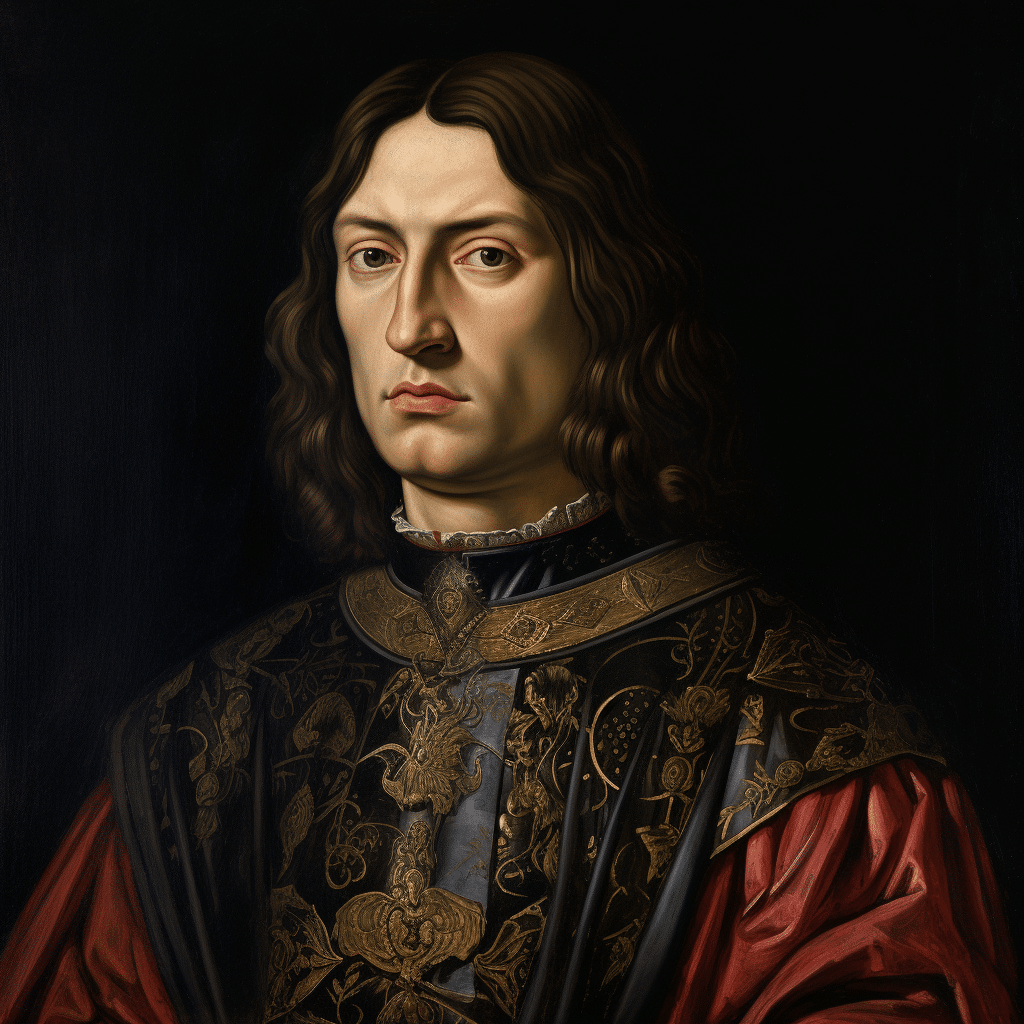
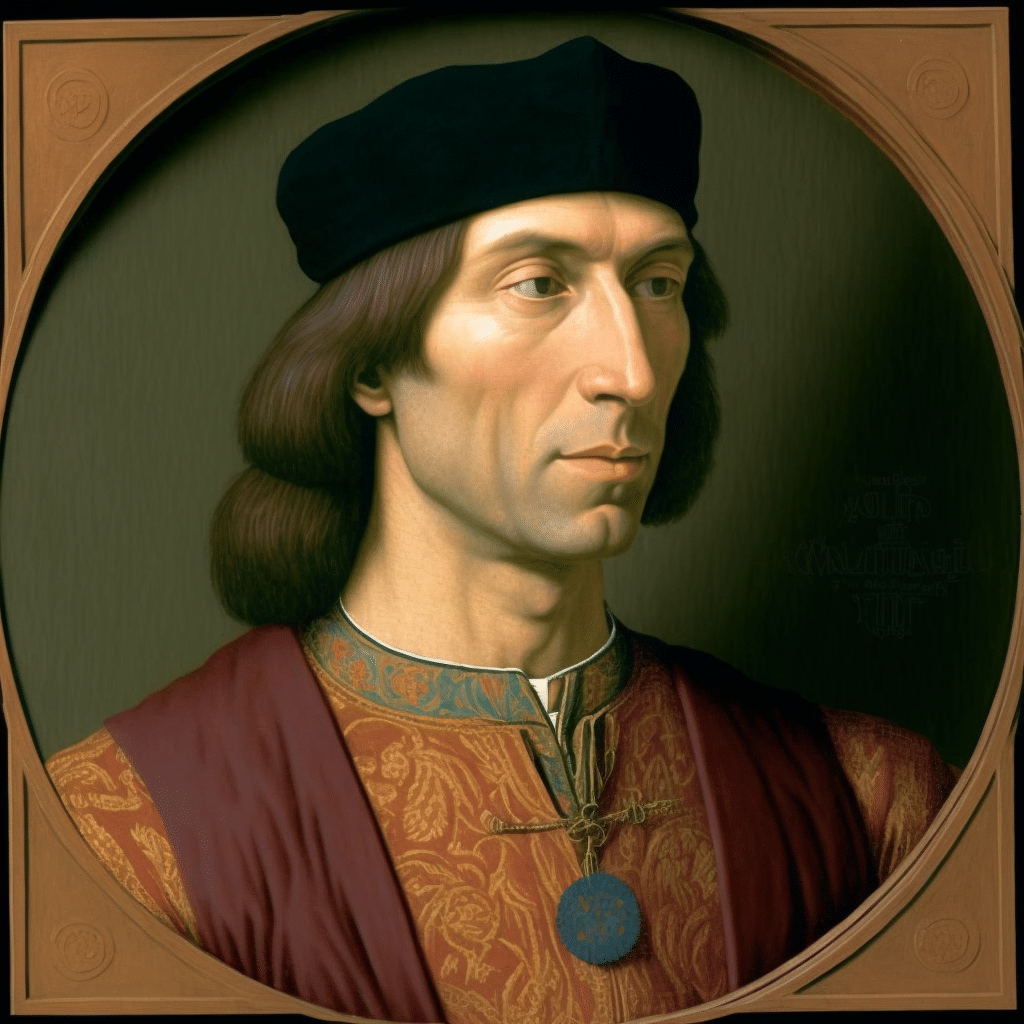
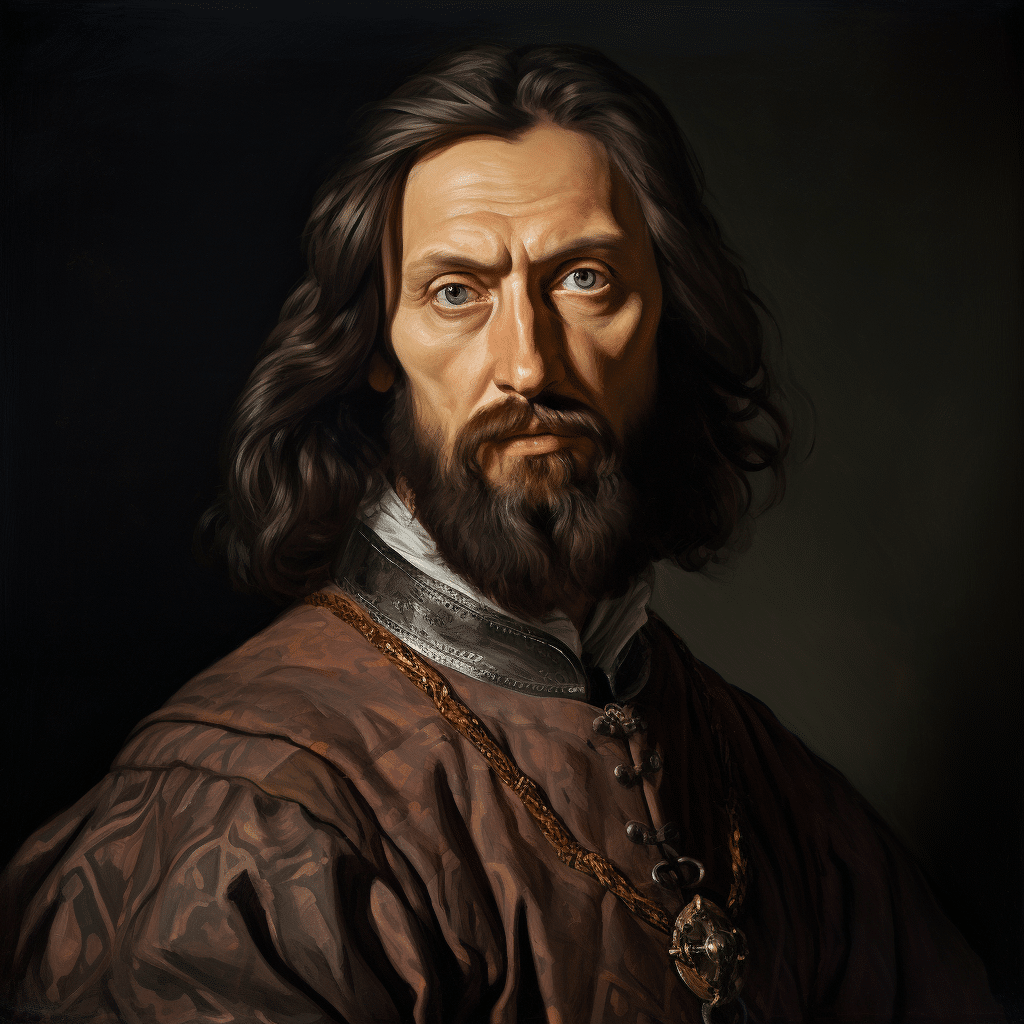
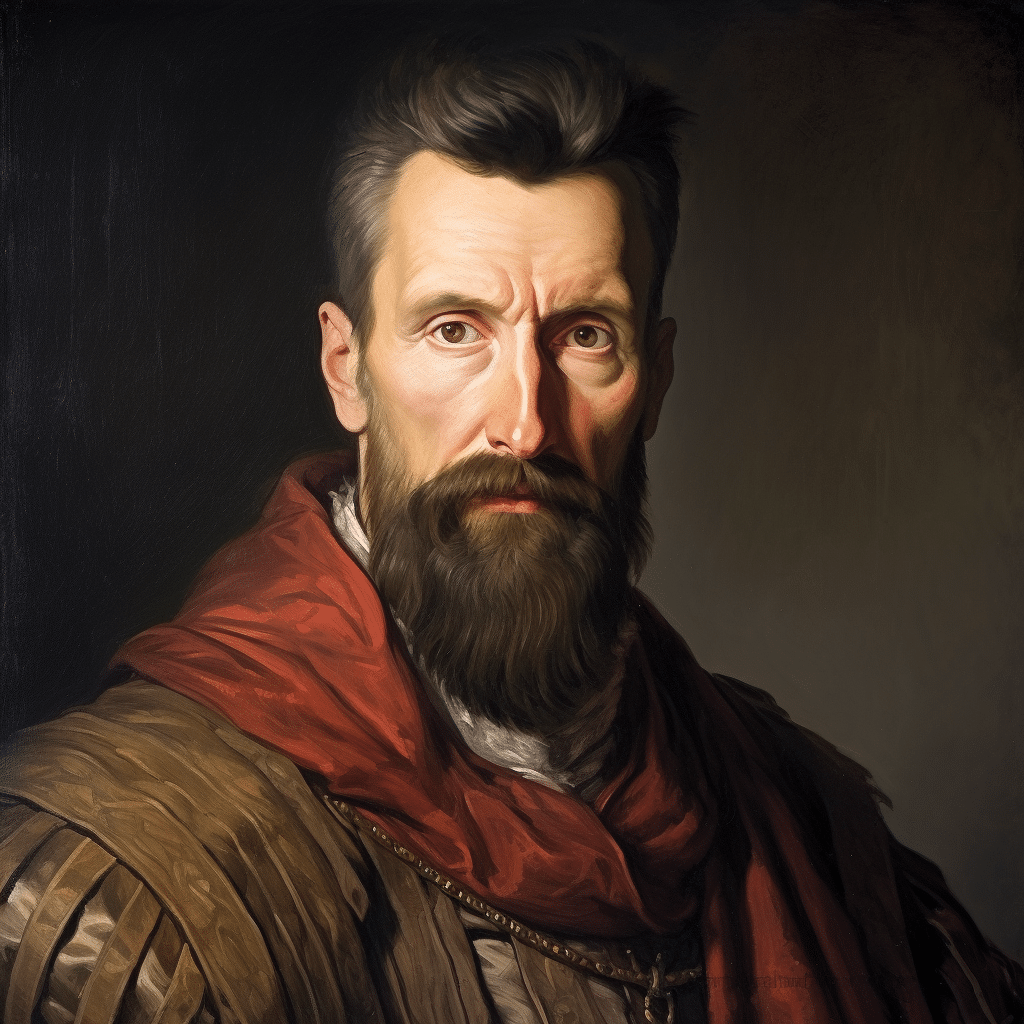
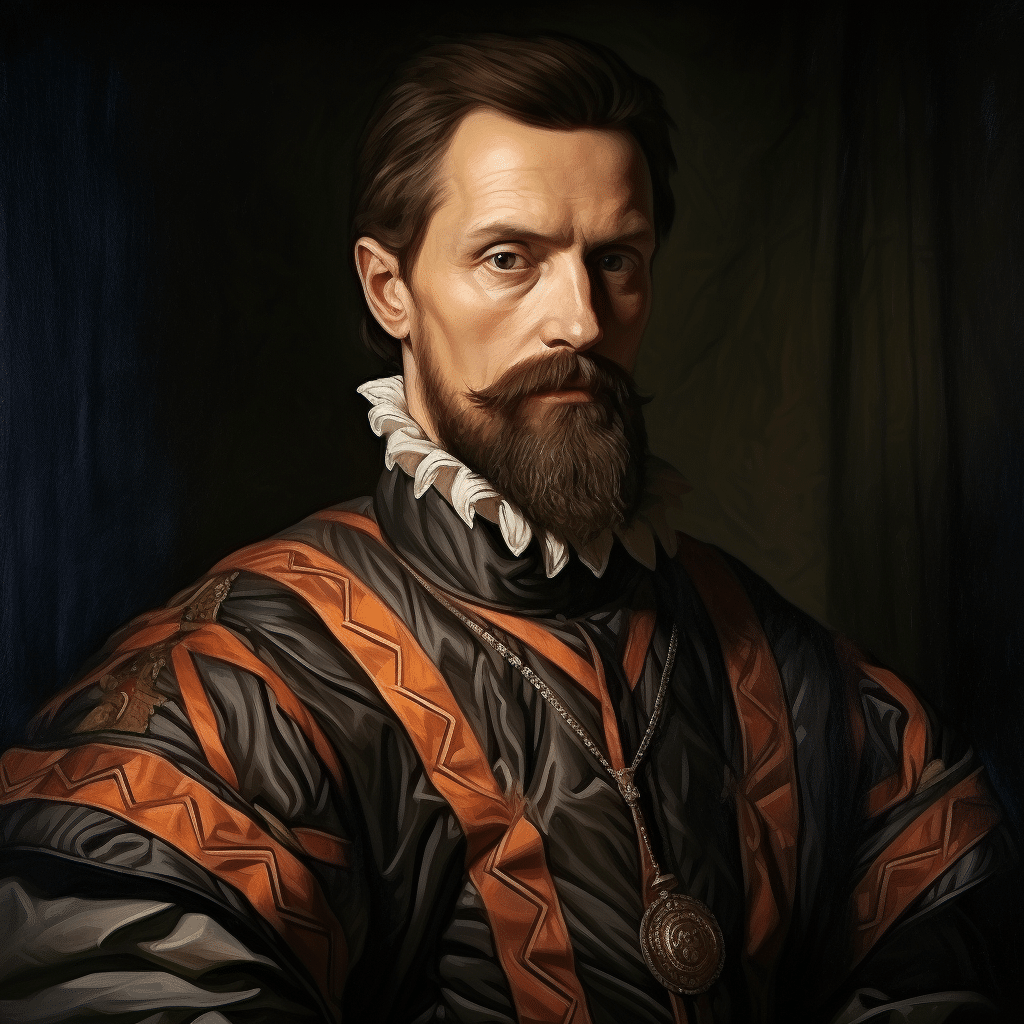
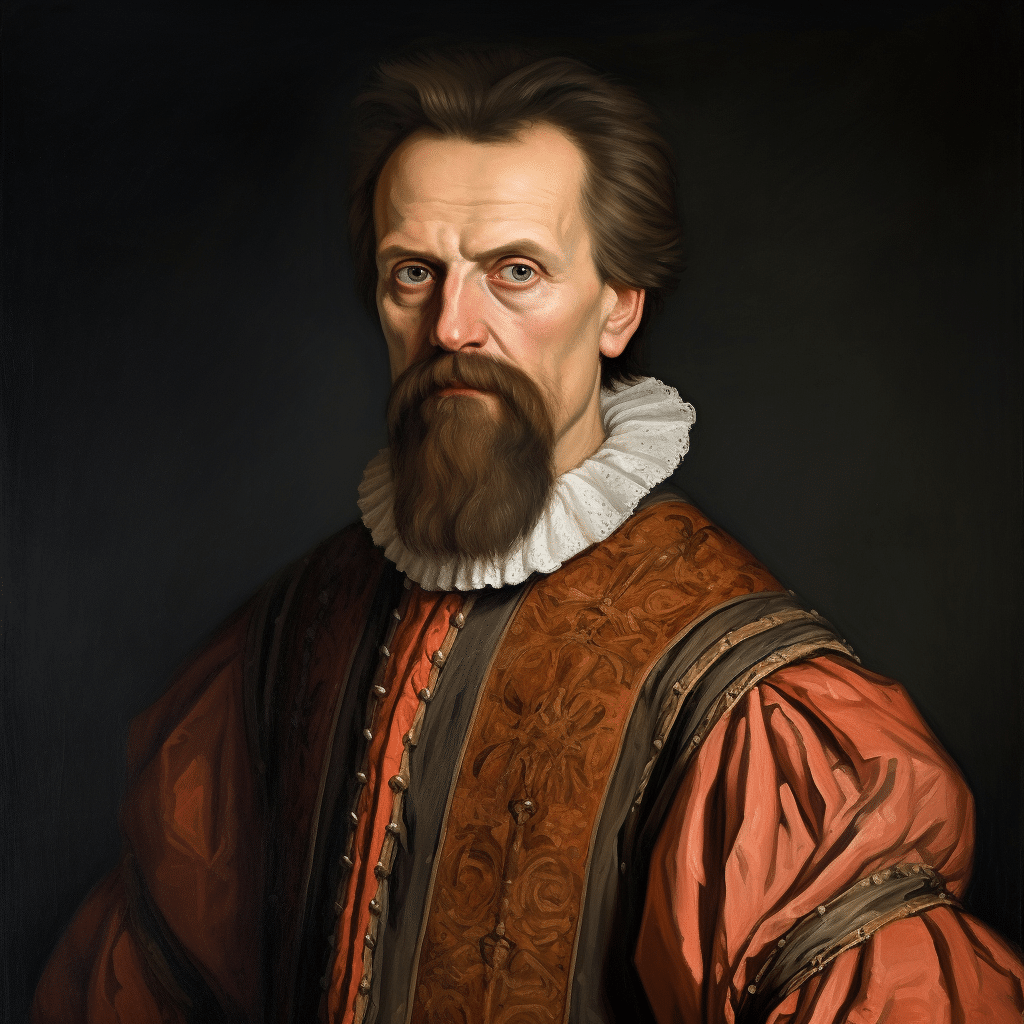
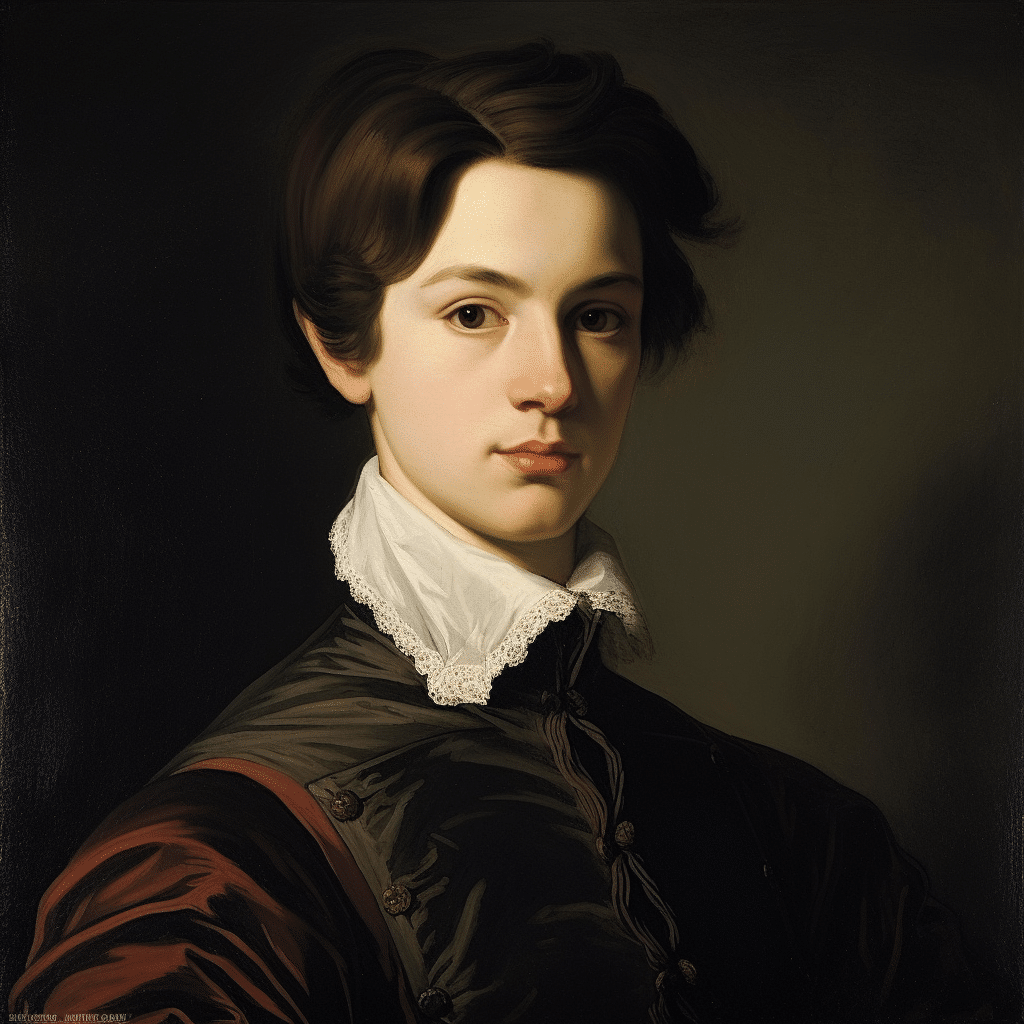
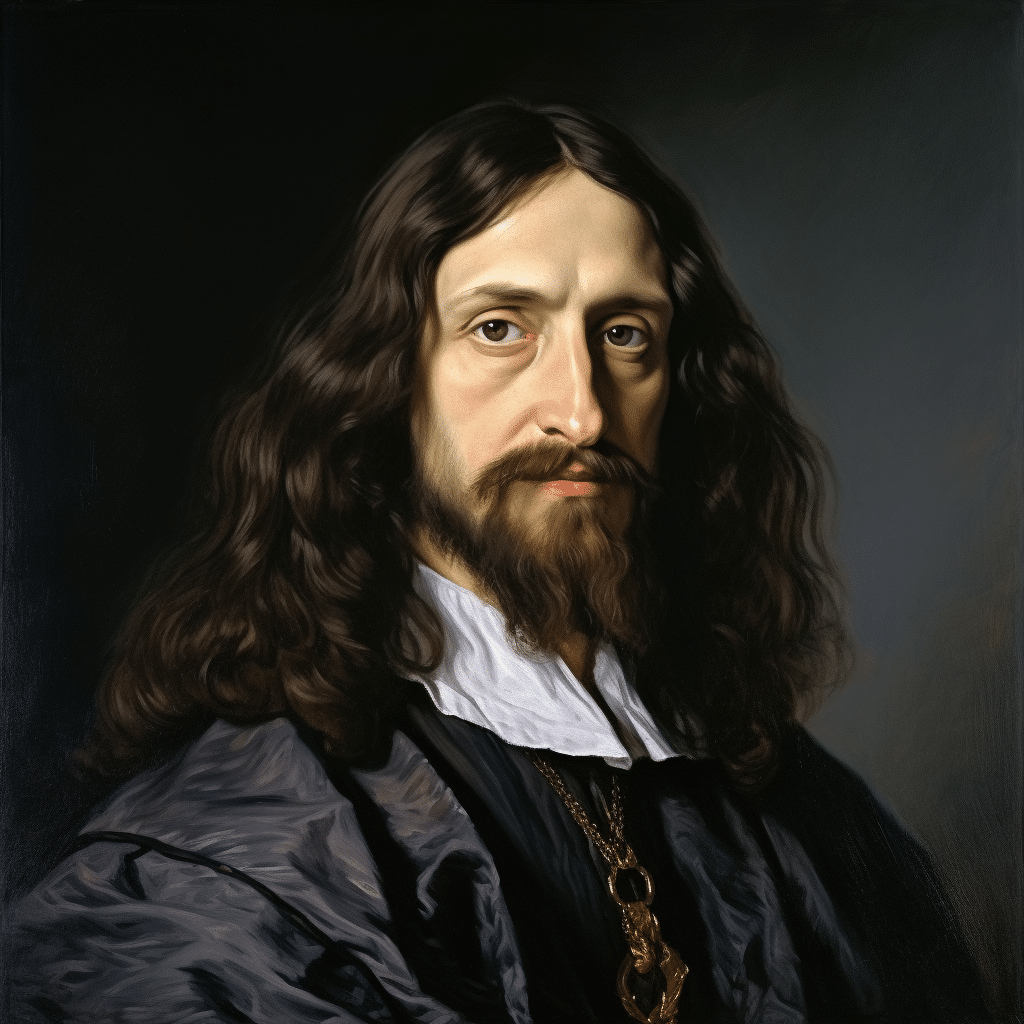
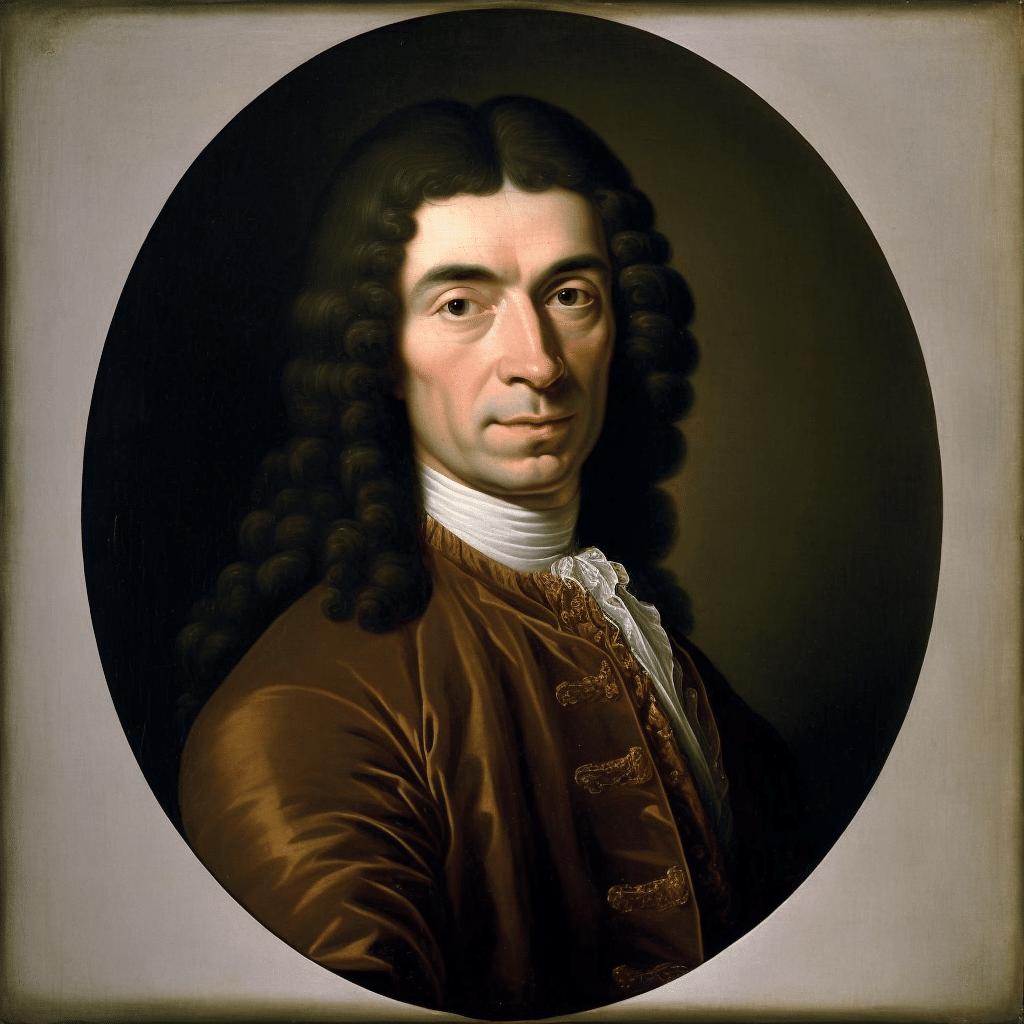
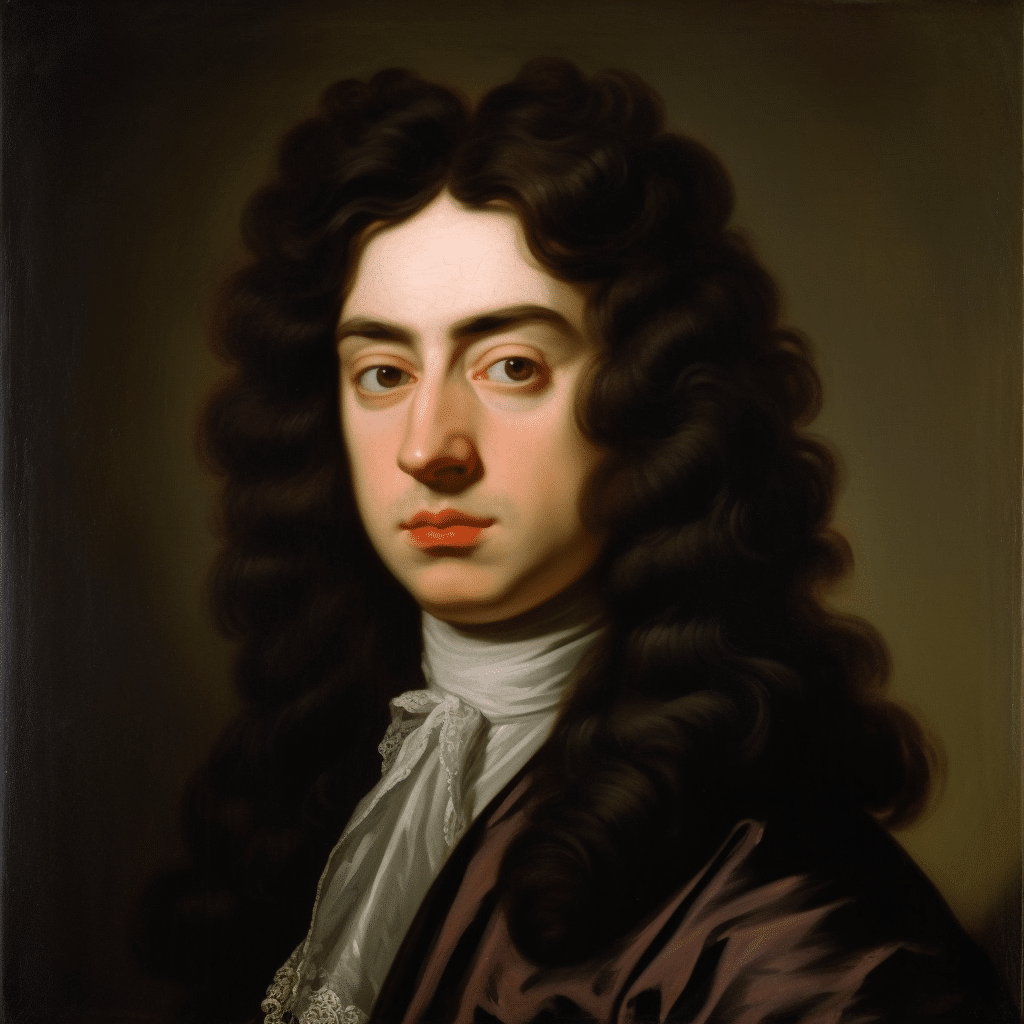
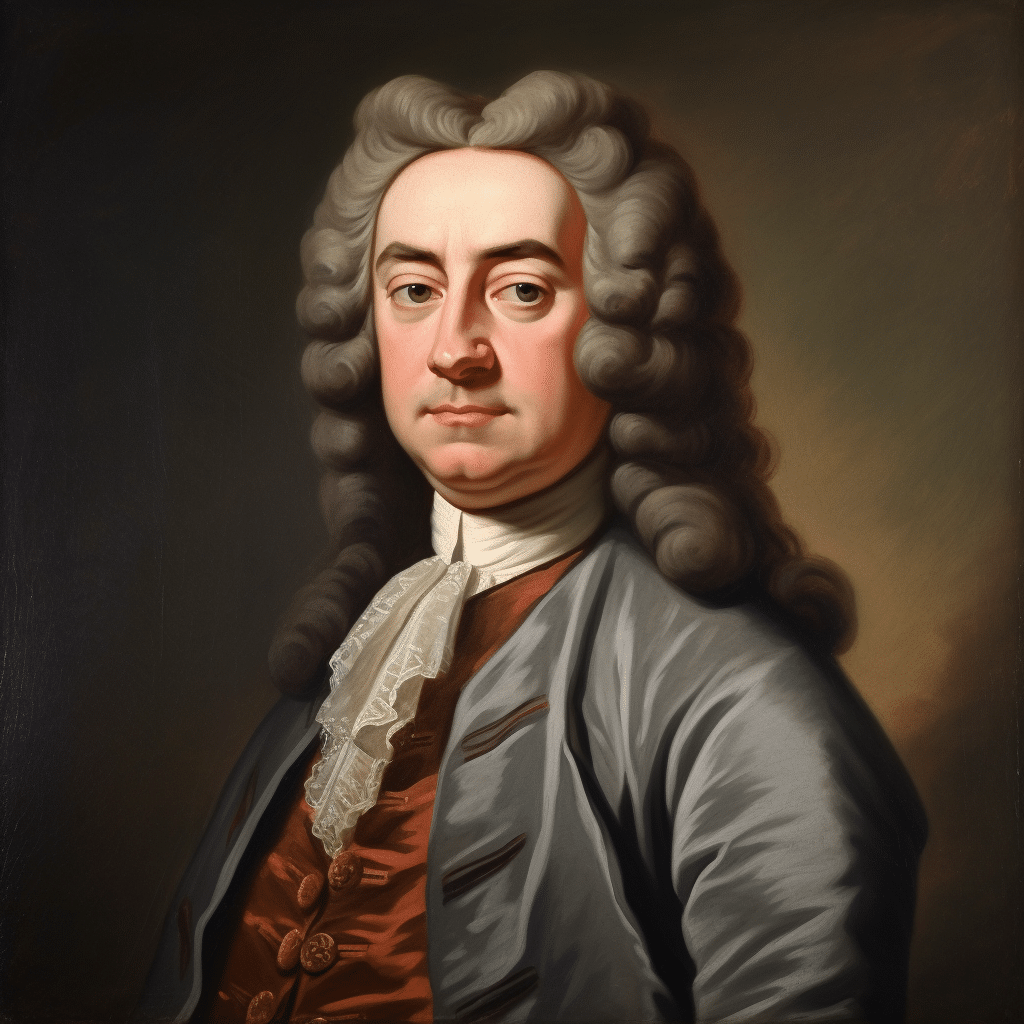
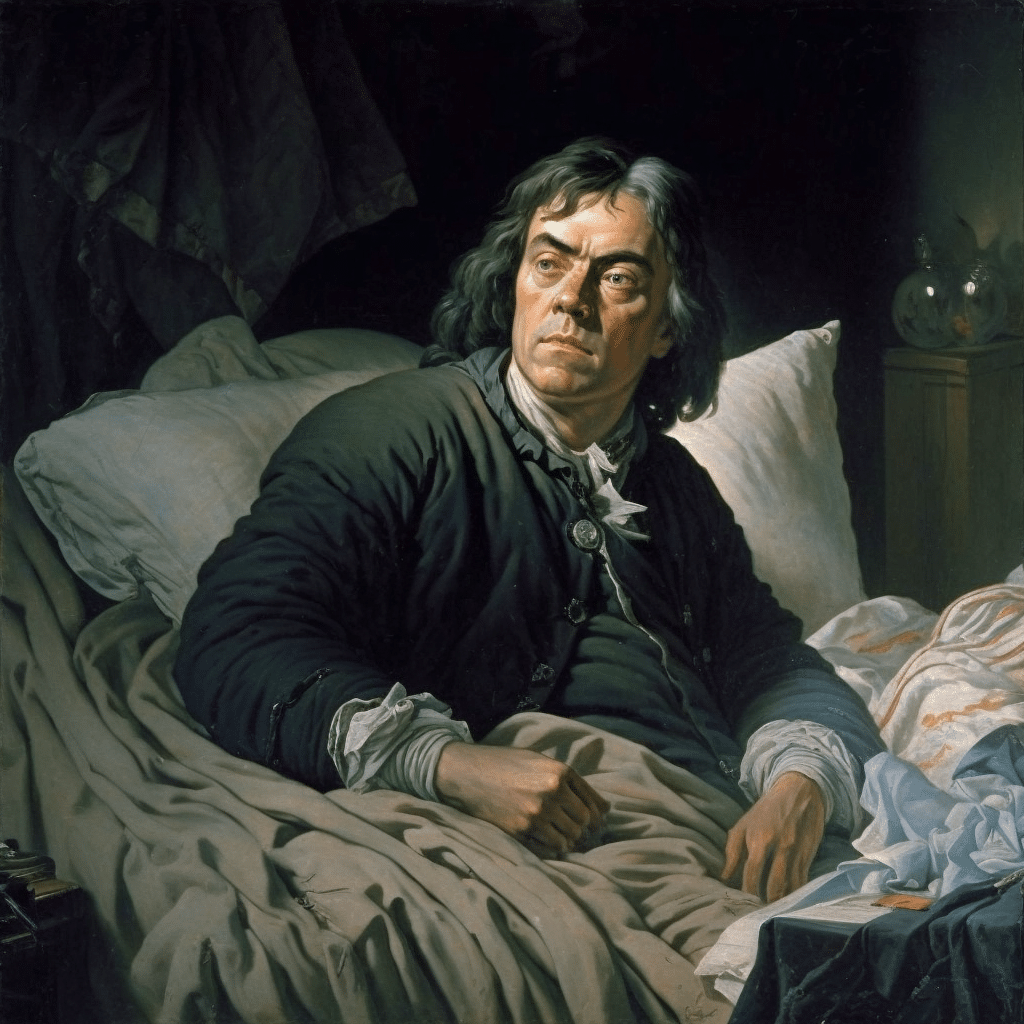
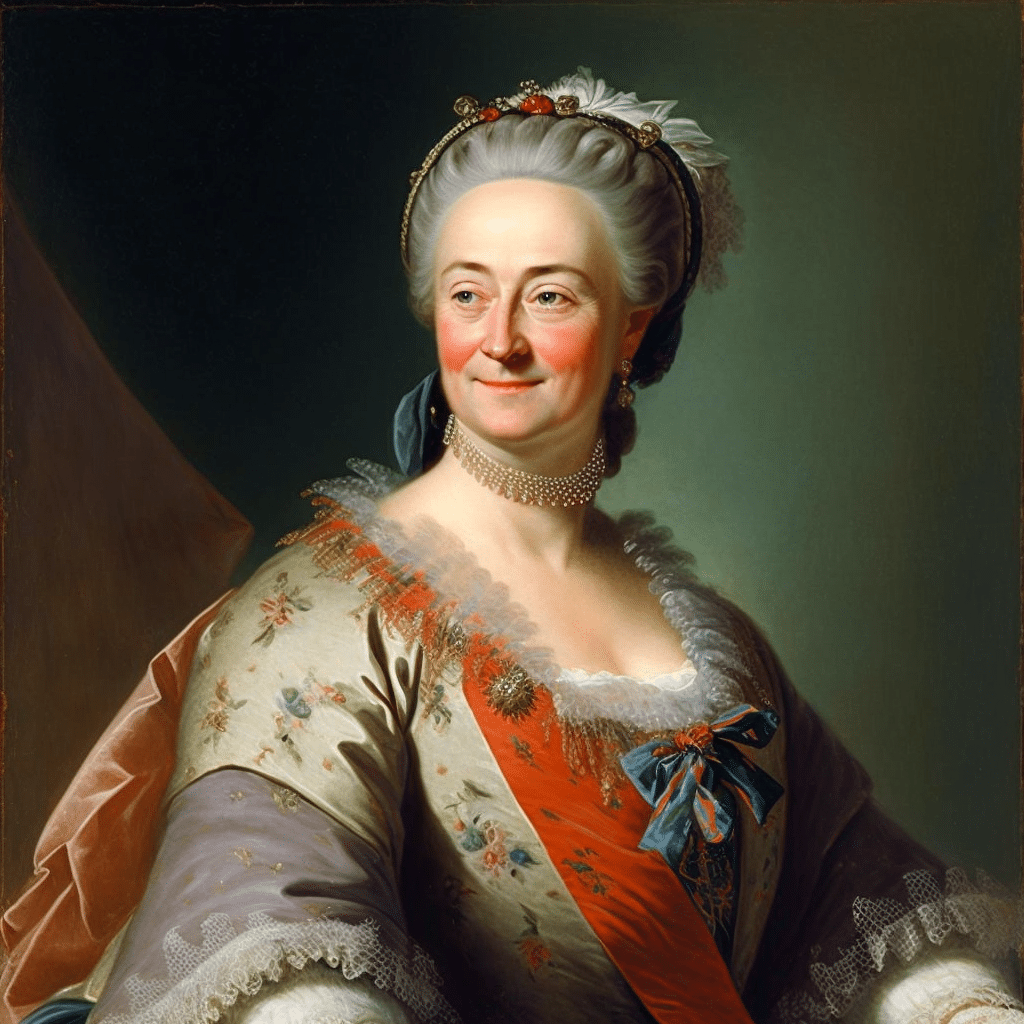
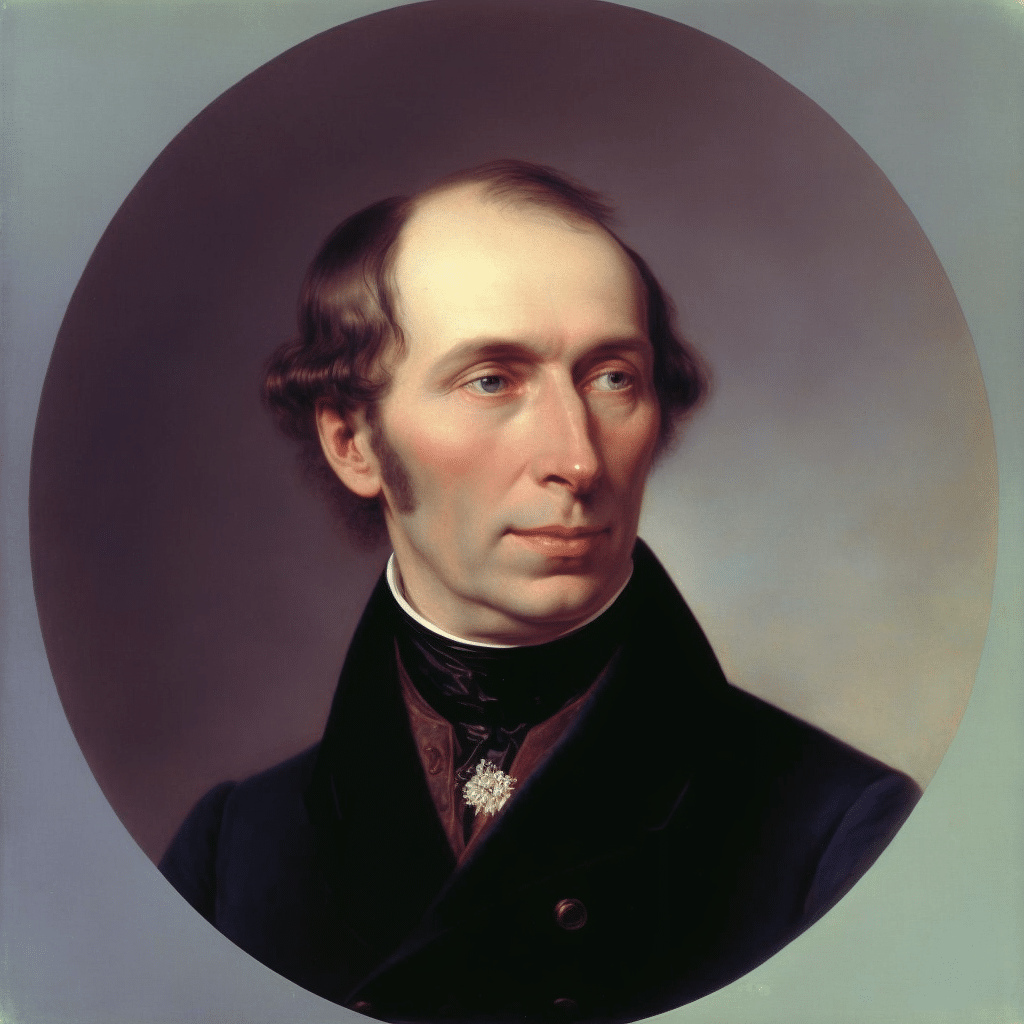
No replies yet
Loading new replies...
Join the full discussion on the TTI BBS →